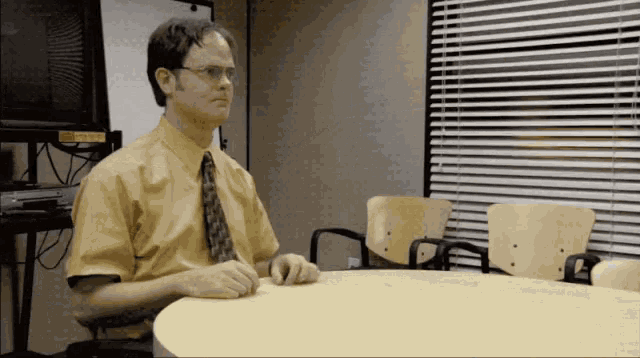Kindred
Let Be Be Finale Of Seem
5 games Frost/LK vs Sub-Zero, lost all of them (LK faired particularly worse than frost - using WSL variation and his knowledge of the MU, probably didnt help lol) but came close with Frost and I realized that he had 3 main things I didnt have during the course of this short set.
F0xy's patience vs mine showed a disparity between our impulsivity, our inhibition. His working memory probably allowed him to recall previous patterns I had done and so he would take chances to interrupt when others wouldnt have.
So I geeked out a bit thinking about those things since this is related to my field but basically, (1) I want to watch someone's brain activity while playing this game and (2) I demand a rematch lol
- Patience. Often times, I was advancing towards him to put pressure, even if I had a huge lead in health. Whenever we were in the center of the map playing footsies, I lost patience and would attack first. Resulting in a nice whiff punish for him.
- Consistent punishes. I didnt get away with jack shit. If something was punishable, I was getting punished.
- MU Knowledge. The Frost shenanigans I get away with against many players just didnt work against him. He knew when to back dash, when to block.
- Inhibition: The ability to stop an automatic response. If jumping is something you are used to (automatic), then resisting that urge when its not in your benefit is crucial.
- Impulsivity: The tendency to act on a whim. You gotta choose your time wisely. When to go in, when not to.
- Flexibility: The ability to shift between strategies/instructions
- Reaction time
- Selective attention: To be able to attend to particular cues (like your meters & the opponents, FBs)
- Working memory: The ability to update information in your memory as the game progresses
F0xy's patience vs mine showed a disparity between our impulsivity, our inhibition. His working memory probably allowed him to recall previous patterns I had done and so he would take chances to interrupt when others wouldnt have.
So I geeked out a bit thinking about those things since this is related to my field but basically, (1) I want to watch someone's brain activity while playing this game and (2) I demand a rematch lol
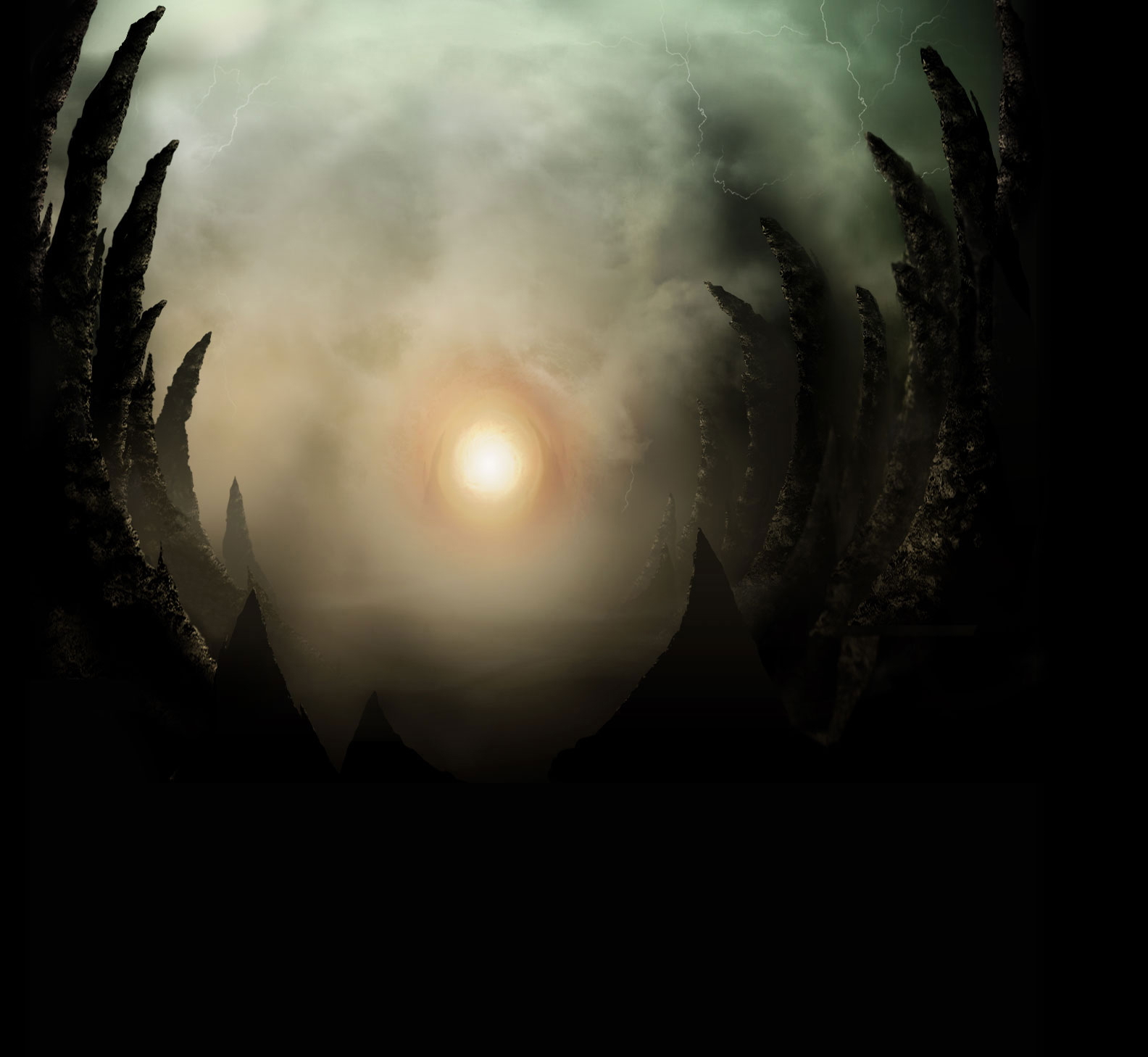
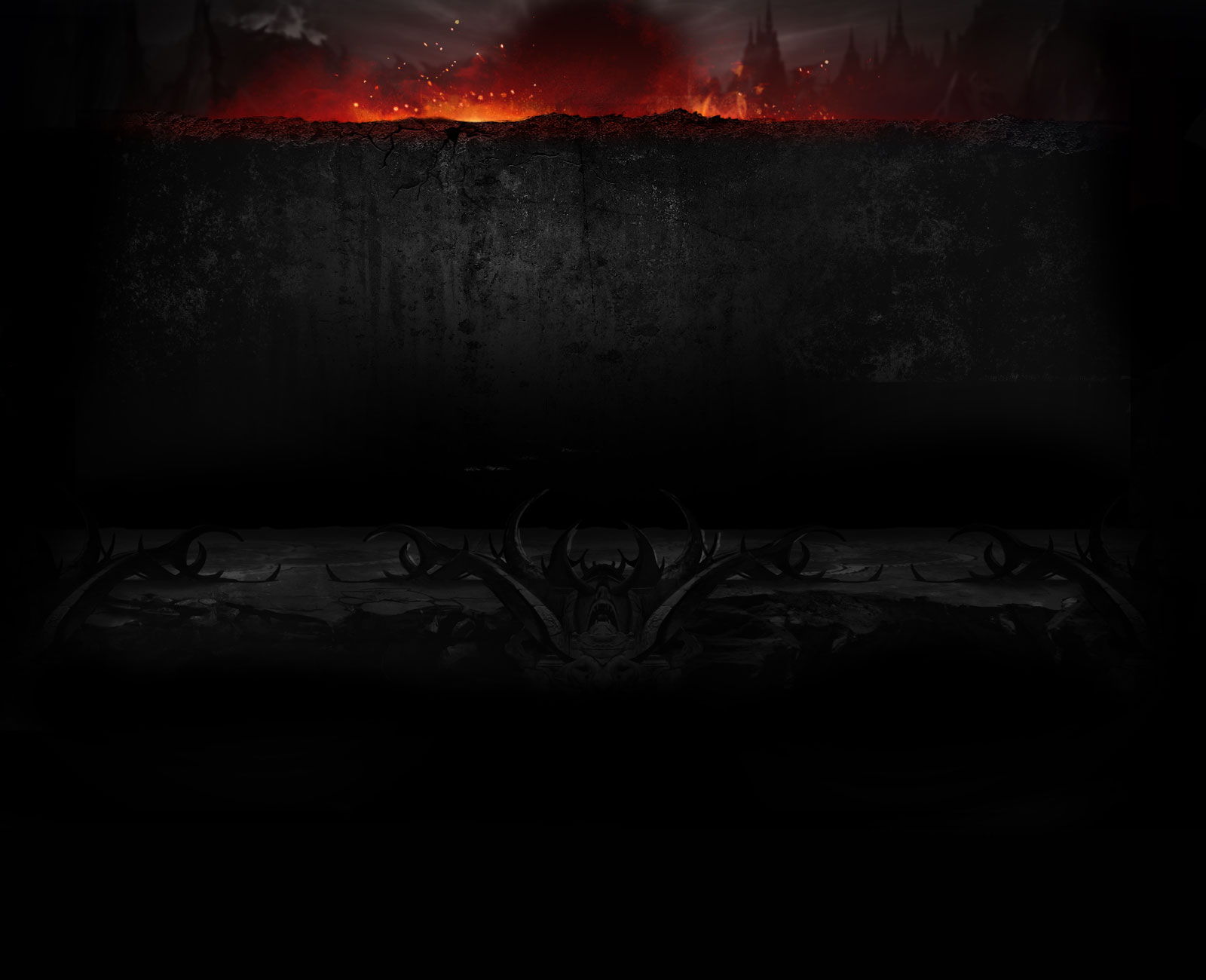
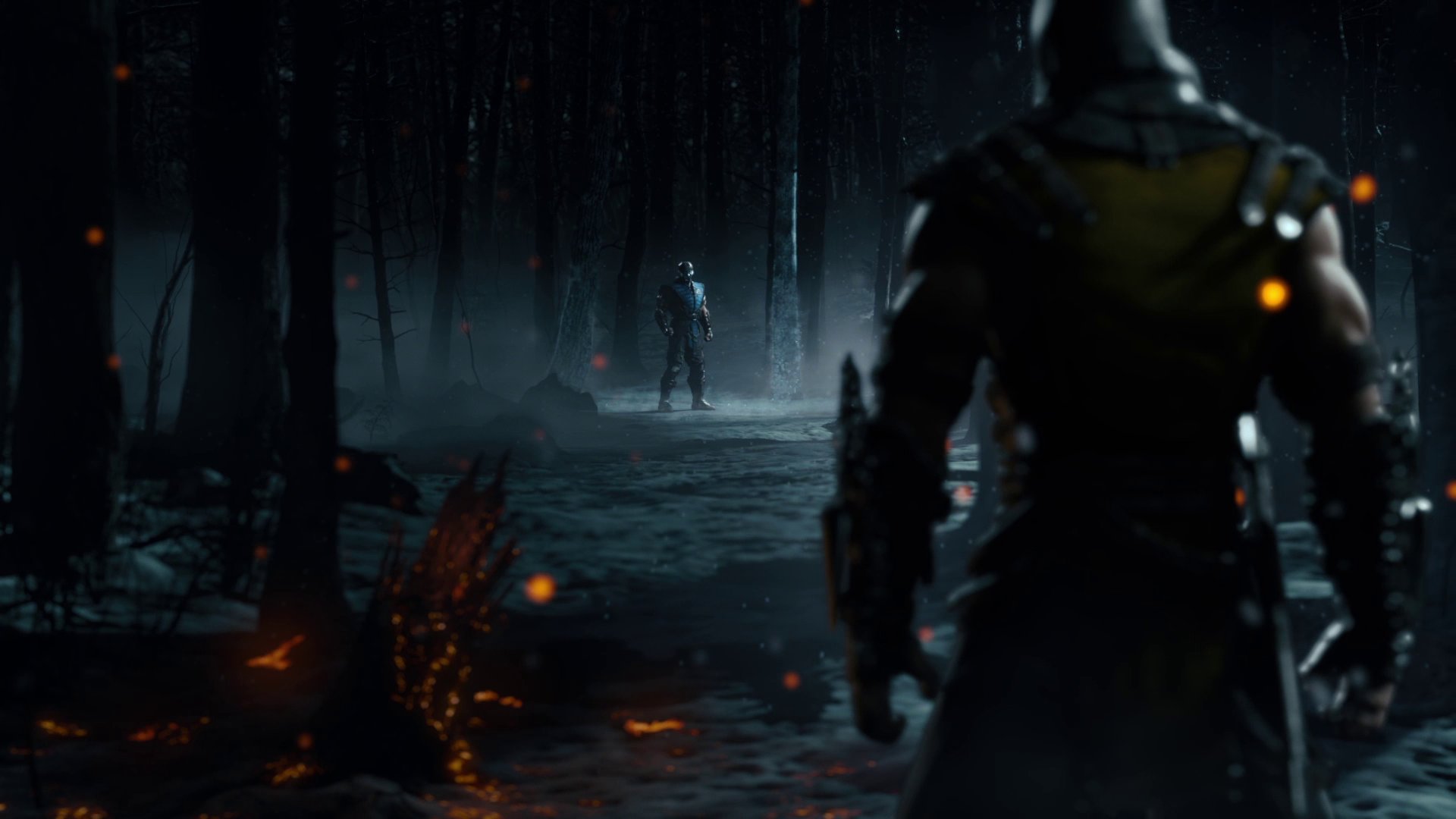


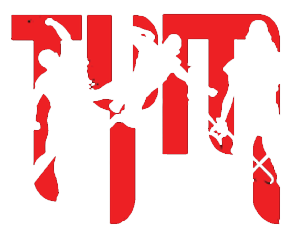

 BUTTON for a sec. cause they did an unsafe string or special i could've punished but instead i basically behaved like prey chased by a predator and panicked and got punished by mashing. Yes, i'm the scrubbiest
BUTTON for a sec. cause they did an unsafe string or special i could've punished but instead i basically behaved like prey chased by a predator and panicked and got punished by mashing. Yes, i'm the scrubbiest